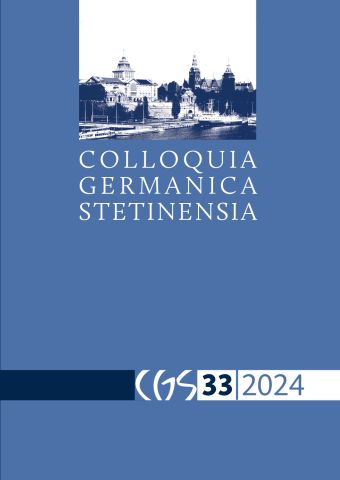Feste Mehrworteinheiten im gesteuerten Spracherwerb: Das EU-Projekt Phraseolab vor dem Hintergrund der Mehrsprachigkeitsund Phraseodidaktik
MULTI-WORD UNITS IN LANGUAGE ACQUISITION: THE EU PROJECT PHRASEOLAB AGAINST THE BACKGROUND OF MULTILINGUALISM AND PHRASE DIDACTICS
Author(s): Anna SulikowskaSubject(s): Language and Literature Studies, Theoretical Linguistics, Applied Linguistics, Cognitive linguistics, Phraseology
Published by: Wydawnictwo Naukowe Uniwersytetu Szczecińskiego
Keywords: phraseology; phraseodidactics; phraseological competence; plurilingual phraseology
Summary/Abstract: With the establishment of corpus linguistics, the fundamental importance of fixed multi-word units is appreciated and broadly defined phraseology is regarded as an integral, indispensable component of foreign language teaching. However, the theoretical findings and the resulting phraseodidactic postulates are not fully complied with: Multiword units are treated rather inconsistently, unsystematically, marginally in quantitative and qualitative terms both in institutional tools such as the Common European Framework of Reference for Languages and in learning and teaching materials for German as a foreign language. This article presents the basic requirements and partial results of an EU co-financed project PhraseoLab. Plurilingual Phraseology: Learning multiword units through English, the aim of which is to try to compensate these shortcomings in relation to three phraseme groups: collocations, idioms and routine formulas, and to expand the phraseological competence of learners of German at different levels of language proficiency. PhraseoLab is based on the plurilingual approach: the multi-word units of the target language German are taught via the bridge language English.
Journal: Colloquia Germanica Stetinensia
- Issue Year: 2024
- Issue No: 33
- Page Range: 109-124
- Page Count: 16
- Language: German

